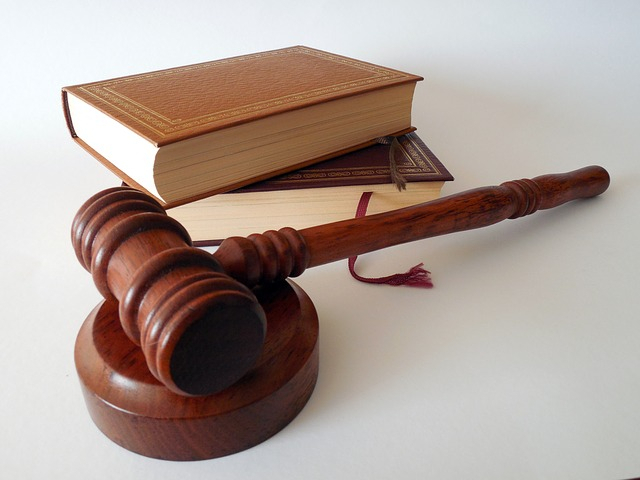Cupertino-based tech giant Apple has been ordered to pay $837 million to California Institute of Technology over a copyright infringement case. The settlement fund follows a four-year lawsuit for infringing on four patents of the California-based university on Wi-FI data transmission.
In 2010, California Institute of Technology found that a few of the Apple devices powered by Broadcom chips allegedly used four Wi-Fi technologies in its devices which the university had patented. Following the citing, Caltech decided to take the matter against the iPhone maker and its Wi-Fi chip supplier Broadcom to court.
According to reports by The Verge via Law360, the jury has ordered Apple to pay $1.40 for each of the iPhones they have sold. In contrast, Broadcom would have to pay twenty-six cents for each chip they have produced.
Apple said they had used the chipsets which have allegedly infringed on the copyrights instead of making them in its own factory. Hence they shouldn't have been sued. However, the jury disagreed. Significantly, Apple recently signed a deal with Broadcom worth $1.5 billion last week for buying wireless chipsets over the next three and a half years.
Facebook told to pay $550 million for settling privacy violation lawsuit
In another courtroom settlement, Facebook has been asked to pay $550 million for allegedly violating an Illinois consumer privacy law, reported Techcrunch. In 2015, the lawsuit was filed against Facebook for allegedly retrieving facial recognition data from its Illinois-based users' photos without any disclosure.
The social media giant was sued along with other technology biggies like Google, Snapchat and Shutterfly for violating the BIPA act. The state of Illinois enacted the Biometric Information Privacy Act (BIPA) in 2008 to help regulate the collection, use, safeguarding, handling, storage, retention, and destruction of biometric identifiers and information.
In 2016, Facebook reportedly argued that facial recognition data shouldn't be counted as biometric data. However, the judge ruled otherwise.










